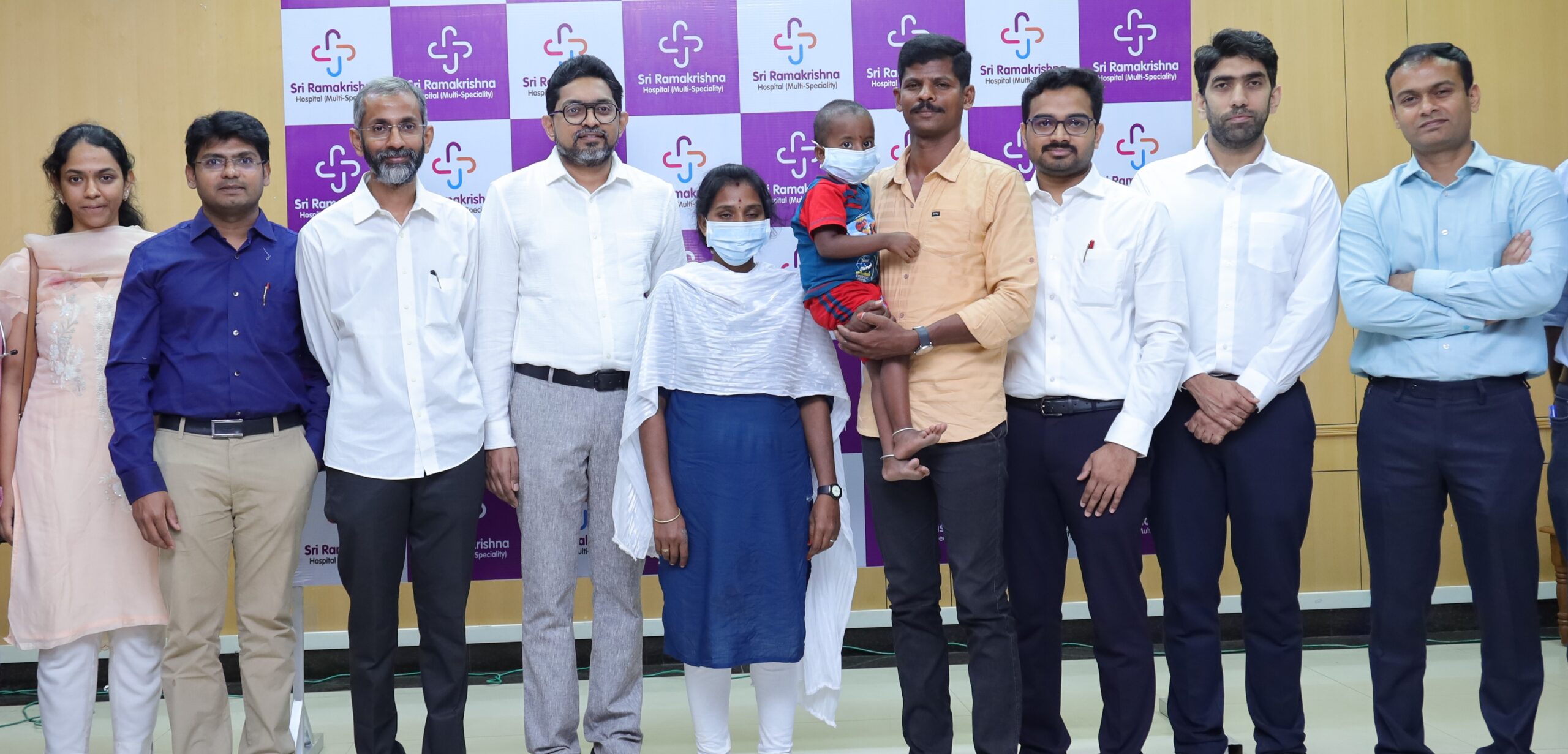Trending Now
- 830 voters names go missing in Kavundampalayam constituency
- If BJP comes to power we shall consider bringing back electoral bonds: Nirmala Sitaraman
- Monitoring at check posts between Kerala and TN intensified as bird flu gets virulent in Kerala
Coimbatore
Unraveling myth of newlyweds staying away from Aravaan worship
![]() November 19, 2017
November 19, 2017
There is this myth that newly married couples should not worship the deity Aravaan whose roots go back to the epic Mahabharata. And myths stay anchored in the sub-conscious of many even if they defy reason or logic.
The book `Koothandai Ennum Aravaan Varalaru – Singanallur (the history of Koothaandai alias Aravaan in Singanallur) traces this past. Aravaan is one of the sub-characters in the epic. This son of Arjuna, married to a Naga princess Ulupi, was a mighty warrior like his father.
R Kanagaraj, a retired bank manager who has authored the Singanallur book says Aravaan volunteers himself to sacrifice himself in ‘kalappali’ for the Pandavas. It was a special ritual sacrifice performed in front of the Goddess Kali to ensure Pandava victory in the battle against Kauravas. His sacrifice is said to have succeeded.
As an honour for this great sacrifice, the Koothandavar festival is celebrated in many parts of Tamil Nadu, Andhra Pradesh and even in Singapore, says Kanagaraj.
‘Kalappali’ is different from other human sacrifice called ‘narabali’ because in Kalappali the volunteer chosen for the sacrifice kills himself. In narabali, one or more humans are killed by a person or a group to appease the gods.
Aravaan’s marriage interpreted differently in several parts of Tamil Nadu. In Koovagam, it is believed that Aravaan marries Mohini, Lord Krishna’s female form while in Kongu region, particularly in Singanallur, it is believed that he married Pongiyammal.
Many who knew his imminent death refused to offer him a bride. Pongiyammal was offered to Aravaan by her stepmother. The very next day after marriage Aravaan is to sacrifice himself and belief is that Pongiyammal will commit suicide.
There is saying in Tamil “Anru Kati Anre Arukkum” which means the mangalsutra will be removed the same day. As a result the myth prevails that newly married couples should not worship Aravaan for at least a year.
Kangaraj says it is purely a myth – a tragic story of Aravaan and it will affect anybody who comes to know about this story, `similar to the impact of watching a film or reading a novel’.
People should know deep about this myth and try to understand the reason behind rituals. Though older generations still stick to the belief, the younger generation tends to give it a go-by.
Belief is that the place called Pongiyammal’s Palliyarai (the room were goddess meant to take rest) was donated to the temple by the ancestors of Kangaraj.
In last of the Tamil month Aippasi, there is an 18-day festival celebrated with the hoisting of kambam in Arulmigu Koothandavar temple in Singanallur. Major rituals are performed during the last three days and the festivities are celebrated with communal harmony, Kangaraj adds.























